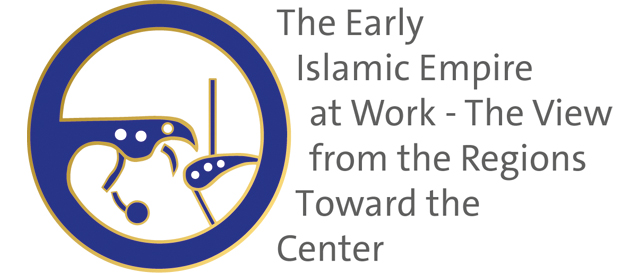101 Years of Research in the Oasis of Bukhara – Looking Forward to New Venues, March 11, 2016, Hofstra University
We look back at 101 years of archaeological and historical research concerning the Oasis of Bukhara. The future path lies in a multidisciplinary approach, integrating the physical environment, archaeological studies, material culture, and a history based on literary sources.
The workshop seeks to address the interplay and entanglement of the political, geographical, climatic, and economic factors in the history of the Oasis of Bukhara, within the contexts of the larger empires. Geo-sciences and history are connected on the ground with archaeology. The aim is to develop a new dynamic historical model of the historical, political, and economic system of the oasis.
The conference workshop will be hosted by the Department of Middle Eastern and Central Asian Studies at Hofstra University, Hempstead, New York. Among the speakers will be Sören Stark (ISAW/NYU), Aleksandr Naymark (Hofstra University), Andrey Omelchenko (Hermitage). (http://www.hofstra.edu/academics/colleges/hclas/meca/index.html)
Session 1, 10:30 am-12:00 am
Aleksandr Naymark (Hofstra University) - Discoveries of Ancient and Medieval Bukhara: Short Chronicle of Past Achievements
Stefan Heidemann (Universität Hamburg, Germany) - Why Bukhara? – The View from the Empire
Andrei Omel’chenko (State Hermitage Museum, Sankt-Peterburg, Russia) - New Materials from the Excavations of the city of Paykand in the Bukhara Oasis
Lunch, 12:00-12:30 pm
Session 2, 12:30 am-14:00 pm
Soeren Stark (Institute for the Study of Ancient World, New York University) - Agriculture and Irrigation in the Bukhara Oasis from Late Antiquity and Early Islamic Period
Jan Wehberg (Universität Hamburg, Germany) - Remote Sensing- and GIS-Applications for the Spatial Explicit Detection and Analysis of Environmental and Infrastructural Reconstruction
Aleksandr Naymark (Hofstra University) - Dating Materials from the Bukhara Zones of Ancient Irrigation
[ abstracts ]








